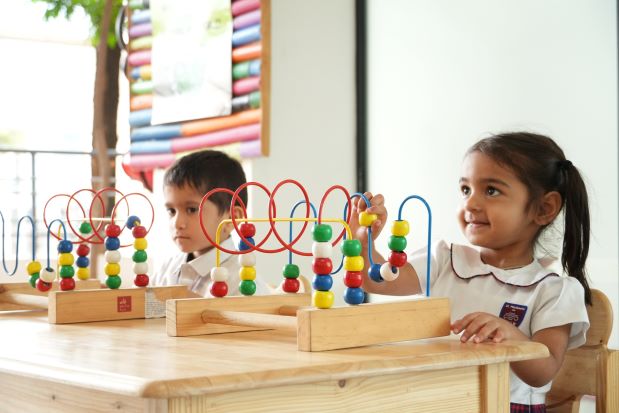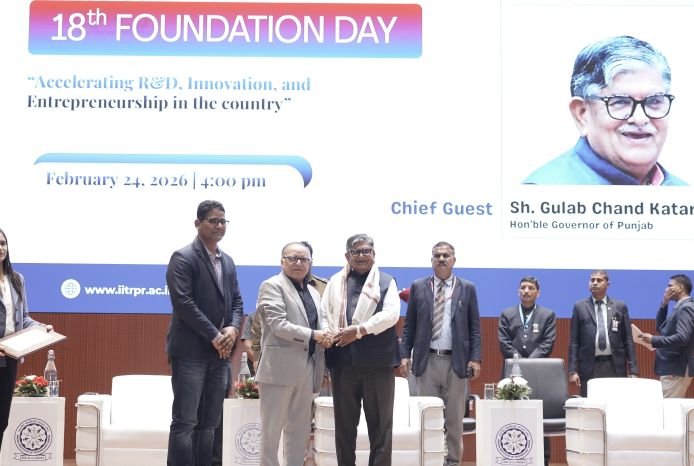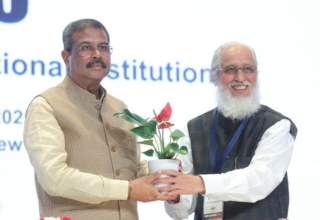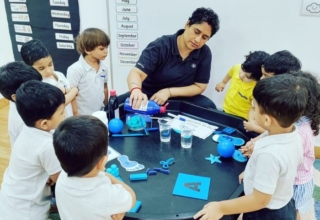
By Autar Nehru
One of the marked legacies of Dr Manmohan Singh as Prime Minister (2004-2014) being highlighted after his passing away on December 26, 2024, is the Right to Education Act, 2009. This Act, which was a culmination of decades (almost a century) of persuasion by educationists and activists, initially garnered all round support from political spectrum since the days of the 86th constitutional amendment made by the Vajpayee Government in 2002. However, that consensus soon got diluted over its course of implementation in the of past 14 years both among its educationist backers and the two major political formations—the Congress and the BJP taking ideologically a divergent view.
While unpreparedness that includes financial infeasibility, too much of barrowed models and practices from other countries and relying on SSA (Sarva Shiksha Abhiyan) mechanics took the Act on a snail’s race in its implementation journey and began to hurt the political economy of the Congress and its allies while in office due to ‘stringent’ norms, the Bhartiya Janta Party obviously didn’t own it up after coming to power in 2014 but cashed on its popular criticism. The major criticism that garnered public support quickly was of children ignoring studies as the fear of examinations was gone as per the ‘No Detention Policy’ from classes 1 to 8 provided under section 16. Under Section 16 of the Act, schools were prohibited from detaining or expelling any student up to standard 8. Moreover, schools were required to remove the end term examinations.
Continuous Comprehensive Evaluation (CCE) using a mix of written and activity-based assessments, on what they were actually learning provided under Section 29 (2) proved a poor substitute of annual exams and was first causality of this uproar in 2017. In the same year, Learning Outcomes (LOs) for students of classes 1-8 across all schools in the country were officially codified in under rule 23(2)(c) of the RTE after amendment.
In this backdrop, more than five years after the Right to Education (Amendment) 2019 seeking to scrap no detention policy (clause 16) was notified on March 1, 2019, has the central government come out with rules called the Right of Children to Free and Compulsory Education (Amendment) Rules, 2024. As per a statement of the Ministry of Education, Covid pandemic, finalization of National Education Policy (NEP), 2020 and National Curriculum Framework for School Education (NCFSE) were the reasons for this delay.
These rules notified on December 16 (2024) in the Gazette of India now bring back regular examination in the fifth class and in the eighth class at the end of every academic year with immediate effect, that is from this academic year and all central government schools, CBSE affiliated schools and others will implement it. However, no child shall be expelled from any school till he completes elementary education as per these rules.
Under these rules if a child fails to fulfil the promotion criteria, as notified from time to time, he shall be given additional instruction and opportunity for reexamination within a period of two months from the date of declaration of results. “If the child appearing in the re-examination referred in sub -rule (2), fails to fulfil the promotion criteria again, he shall be held back in fifth class or eighth class, as the case may be.” The rules say that during the holding back of the child, the class teacher shall guide the child as well as the parents of the child, if necessary, and provide specialised inputs after identifying the learning gaps at various stages of assessment. “The Head of the school shall maintain a list of children who are held back and personally monitor the provisions provided for specialised inputs to such children and their progress with respect to the identified learning gaps,” say the rules.
Some 18 States/UTs have issued notification for implementation of provisions of RTE(Amendment) Act, 2019, these include Assam, Bihar, Gujarat, Himachal Pradesh, Jammu & Kashmir, Jharkhand, Madhya Pradesh, Meghalaya, Nagaland, Punjab, Rajasthan, Sikkim, Tamil Nadu, Tripura, Uttarakhand, West Bengal, NCT of Delhi and Dadar & Nagar Haveli & Daman & Diu. State of Haryana and UT of Puducherry are yet to take a decision in the matter.
The States/UTs of Andhra Pradesh Arunachal Pradesh, Chhattisgarh, Goa, Karnataka, Kerala, Maharashtra, Manipur, Mizoram, Odisha, Telangana, Uttar Pradesh, Andaman & Nicobar Island, Chandigarh, Ladakh and Lakshadweep continue to follow the no detention policy from Class I to VIII.
“It doesn’t make any material difference. No detention is not a new idea, it is the way education has to happen. Blaming it is a defensive mode of the state and people are falling for it. It will not change the learning crisis that NEP talks about, which is true. India is in a serious problem what I call schooling without learning. If Government accepts it is schools and not children who are failing then you can think of ways to improve them. There is no mechanics to improve children. It is commonsense if children are not learning, then simply they are not being taught. There is no evidence to show that children who have failed can do better later. Improve your schools, improve your teaching is the simple answer if you are thinking of addressing learning crisis,” says Prof R Govinda, Distinguished Professor Council for Social Development & former vice-chancellor NEIPA who is also the author of The Routledge Companion to Primary Education in India from Compulsion to Fundamental Right.
While the Government has used NEP to argue in favor of its detention policy, “holistic, 360-degree, multidimensional progress report card” and advocacy of “progress and the uniqueness of each student” will keep the debate on this issue alive for future.
Nonetheless, in the short-term, it is expected to arrest the declining learning outcomes and high rate of failures in secondary board examinations. But for schools who had got used to no detention till class 8, it has created a new administrative and classroom operational situation to deal with. For schools, the shift demands a stronger focus on refining teaching and learning practices, particularly in these critical grades.








